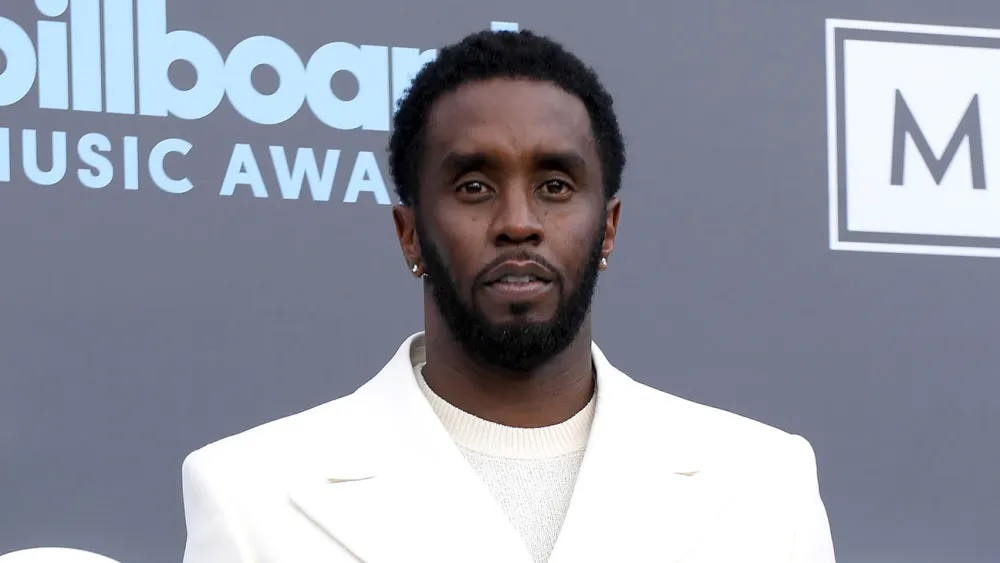Judge Denies Mistrial Request in Sean “Diddy” Combs’ Sex Trafficking Case Amid Firebombing Evidence Dispute
A federal judge swiftly denied a defense request for a mistrial on Wednesday in the high-profile sex trafficking and racketeering case against music mogul Sean “Diddy” Combs. The motion came after defense attorneys accused prosecutors of implying to the jury that Combs had interfered in the investigation surrounding the 2012 firebombing of rapper Kid Cudi’s car.
The trial, now in its third week in a Manhattan federal courtroom, has been filled with dramatic testimony and mounting allegations against the 55-year-old hip-hop icon. Combs, who faces charges of leading a decades-long criminal enterprise rooted in coercion and violence, has pleaded not guilty. If convicted, he could face a sentence ranging from 15 years to life in prison.
Mistrial Motion Sparks Tensions in Court
The request for a mistrial—filed during a morning recess with the jury out of the room—came after testimony from Lance Jimenez, an arson investigator with the Los Angeles Fire Department. Jimenez revealed that fingerprint cards collected from Kid Cudi’s burned Porsche 911 had been destroyed months after the incident. He stated that an individual within the Los Angeles Police Department, who was not directly involved in the case, authorized the destruction—a move he described as irregular and outside standard protocol.
The firebombing, which occurred in December 2011 in the Hollywood Hills, was reportedly carried out using a Molotov cocktail made from a 40-ounce Old English 800 malt liquor bottle and a designer handkerchief—details presented to the jury through photographs and forensic analysis.
Judge Arun Subramanian, who is presiding over the case, instructed jurors to disregard any testimony related to the destroyed fingerprint evidence. Still, Combs’ legal team insisted the damage had already been done.
Defense: “You Can’t Un-Ring This Bell”
Lead defense attorney Alexandra Shapiro argued that the government’s line of questioning was an act of prosecutorial misconduct, intentionally designed to prejudice the jury. “These questions were designed to play right into [the jurors’] preconceived notions,” she claimed, referencing jurors who were dismissed during selection due to beliefs that Combs could buy his way out of legal trouble.
Shapiro told the court that the implications made by prosecutors—linking Combs to the disappearance of key evidence—were not only baseless but could undermine the fairness of the entire trial. “There’s no way to un-ring this bell,” she said. Fellow defense lawyer Marc Agnifilo echoed her outrage, calling the prosecution’s behavior “outrageous.”
Prosecution Pushes Back
Assistant U.S. Attorney Christy Slavik quickly countered the defense’s accusations, arguing that the mistrial request was unnecessary and unsupported. She explained that the issue of fingerprint evidence was only raised in response to the defense’s own claims that the firebombing incident had been poorly investigated. Slavik emphasized that the mention of destroyed fingerprints was relevant and not designed to suggest Combs’ involvement in tampering with evidence.
“The mistrial is absolutely unwarranted here,” she stated firmly.
A Growing Web of Allegations
This latest courtroom clash adds to the growing list of explosive revelations emerging from the trial. Multiple witnesses, including singer Cassie—who dated Combs for more than a decade—have testified that Combs subjected them to repeated physical abuse and coercive sexual acts. Cassie, whose real name is Casandra Ventura, has become a central figure in the government’s case, with prosecutors alleging that she suffered extensively under Combs’ control during their relationship from 2007 to 2018.
Throughout the proceedings, Combs has remained actively involved in his defense strategy, frequently taking notes and conferring with his attorneys during witness examinations.
